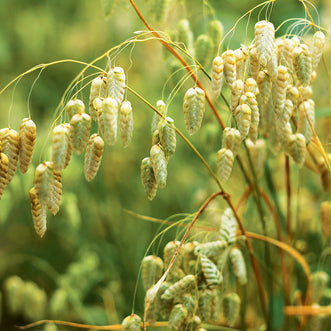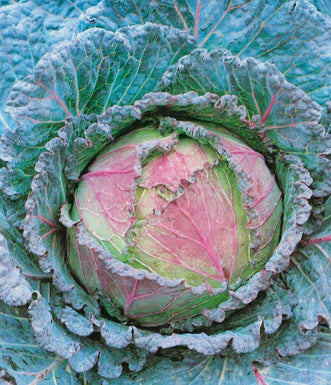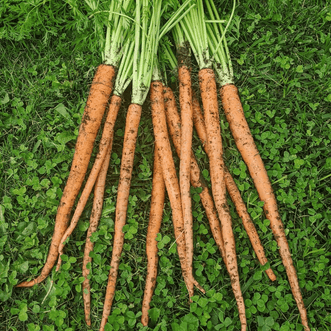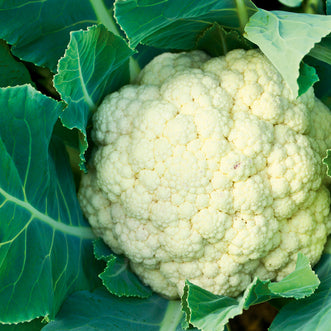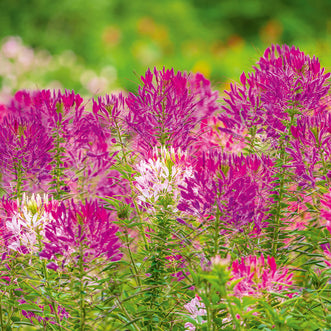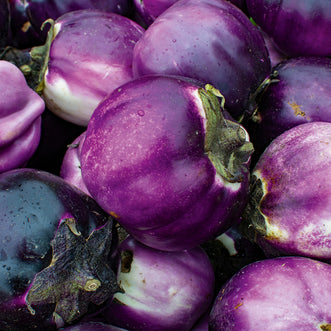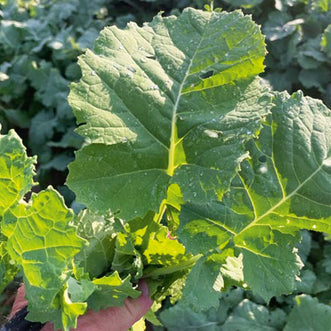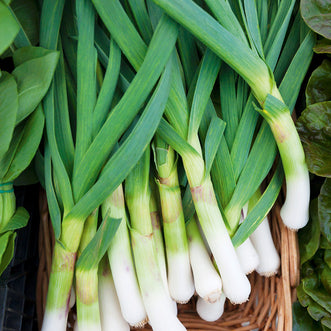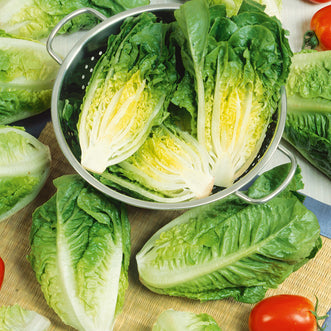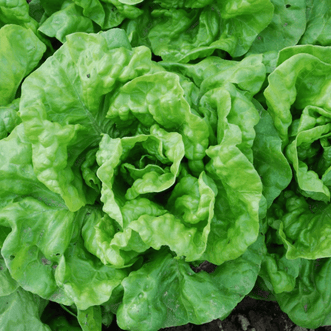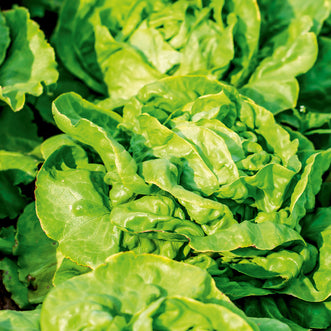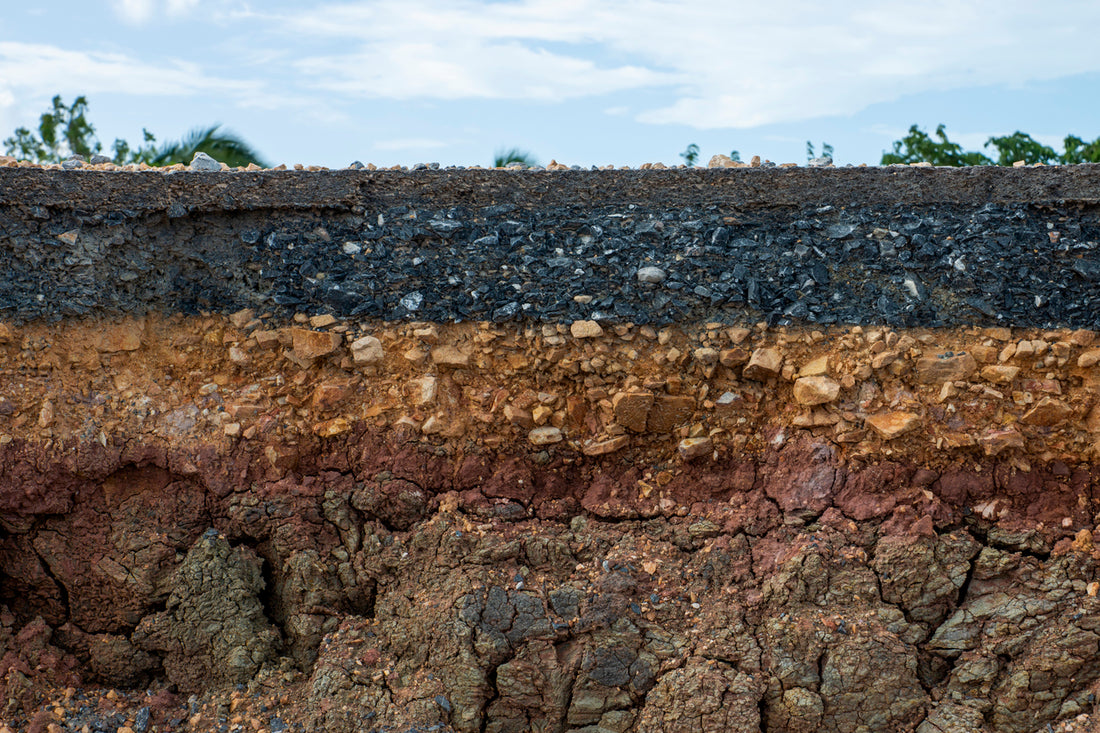
Soil Preparation 101: Creating a Fertile Garden | Kings Seeds
Candy RoseStart with soil, not with plants. When starting a garden, many gardeners skip any article or information on garden soil and soil health; they are just too eager to grow and do not realise the importance of the soil in which you are planting your seeds and seedlings. Soil is anything but boring and incredibly essential for the success of your garden and you.
You might be interested to know that fertile garden soil has a surprising impact on our mental well-being. Research suggests that certain bacteria commonly found in soil can positively affect our brain chemistry. These bacteria can stimulate serotonin production, known as the "happy chemical" that contributes to feelings of well-being and happiness. Spending time in nature and working with soil has been linked to reduced stress, anxiety and depression. So, getting your hands dirty in the garden not only benefits your plants but also your mental health.
Why is Proper Garden Soil Essential?
A flourishing edible garden begins with the foundation of healthy soil. Yes, it's something we've all heard, but why? Rich, well-balanced soil provides essential nutrients, promotes robust root systems, helps with erosion and moisture retention and enhances overall plant health and pest-fighting abilities. Understanding the role of soil preparation is essential for creating a thriving garden that will provide bountiful harvests.
The Importance of Proper Soil Testing
Creating a fertile garden involves understanding your soil's composition and characteristics. Soil testing plays a major role, offering invaluable insights into pH levels, nutrient deficiencies and soil structure. By conducting thorough soil tests, gardeners can amend their soil preparation efforts to address specific needs, ensuring their plants have an optimal growing environment.
New Zealand has a variety of soil types, including podzol soil found in forests, brown soils in farmlands, yellow-brown earths in dry regions, gley soils which are waterlogged in boggy wetlands, and recent soils which are new rich soils found near riverbeds, floodplains or coastal areas. These soil types vary in different regions of the country and have distinctive characteristics. Some instantly lend themselves to gardening, and others need some assistance.
You can try this DIY soil test to indicate what the garden soil is like in your backyard.
How to Prepare Vegetable Garden Soil
Preparing soil for a vegetable garden involves a series of manageable steps to create an ideal growing environment. From assessing drainage and aeration to amending soil texture and structure, the process of soil preparation for a vegetable garden is layered. The benefits of composting are unmatched, enriching the soil with essential nutrients and fostering a welcoming ecosystem for plant growth. There are many other options for soil restoration aside from composting.
How to Restore Soil Health
Dry, light, sandy dirt is just dead soil; it needs to be reawakened so your growing journey can be successful. Over time, continuous cultivation and environmental factors can deplete the soil of its essential nutrients and beneficial microorganisms. Soil should be dark, sticky and nutrient-rich, filled with life.
Restoring soil health requires a natural approach that involves replenishing nutrients, improving soil structure and promoting microbial activity. Through organic soil amendments, such as cover cropping with mustard, tic bean, oats, ryecorn, buckwheat, crimson clover or a blend of different varieties. Reduced digging with chop and drop cover crops or no-dig garden beds. Adding nutrients with worm castings, seaweed tonics or wool products like our Sustaina grow range of soil amendments and mulching. Gardeners can rejuvenate depleted soil and naturally enhance garden soil fertility.
Composting for Garden Soil
Grow great garden soil! Composting is the gold standard in sustainable soil practice that minimises organic waste and enriches garden soil. By converting kitchen scraps, garden waste, fallen leaves and other organic materials into nutrient-dense compost, gardeners can boost soil fertility, improve water retention capacity, and foster a thriving ecosystem teeming with beneficial microorganisms.
Creating Good Compost
What you will need for composting:
- Green materials: This includes fruit and vegetable scraps, coffee grounds, and grass clippings.
- Brown materials: Dry leaves, straw, shredded newspaper, and cardboard.
- Water: Keep the compost pile moist but not soggy.
Here's how to compost:
1. Start by creating a compost pile or using a compost bin. A compost bin can help contain the materials and prevent pests.
2. Layer your green and brown materials, aiming for a mix of roughly 50% green materials and 50% brown materials.
3. Add water as you layer the materials. The compost should feel like a damp sponge.
4. Turn the compost regularly to aerate it and speed up the decomposition process.
5. Over time, the materials will break down into rich, dark compost that can be added to your garden soil to improve fertility.
Avoid adding meat, dairy and oily foods to your compost, as these can attract pests and create unpleasant odours.
Experience the Benefits of Healthy Garden Soil
Think of your soil as something you are building up over the years, like a life investment, but for the earth and your future ease of growing food. As your soil improves, so do the crops you grow on it. Investing in soil preparation provides many benefits that flow throughout the garden ecosystem. Healthy garden soil nurtures vigorous plant growth, supports a diverse and resilient microbial community, and contributes to the overall sustainability of the garden. By prioritising soil health, gardeners lay the groundwork for a vibrant and productive garden that will flourish season after season.
Soil preparation is the bedrock of a thriving garden; the more you look after it, the more it looks after you. By recognising the significance of garden soil, soil testing, and soil preparation, gardeners can establish a fertile and thriving garden. And one last note: after all your efforts to help the soil, mulch it well with straw, leaves, or wool to maintain the life you've created.
🌱 Sow ~ Nurture ~ Nourish 🌱







